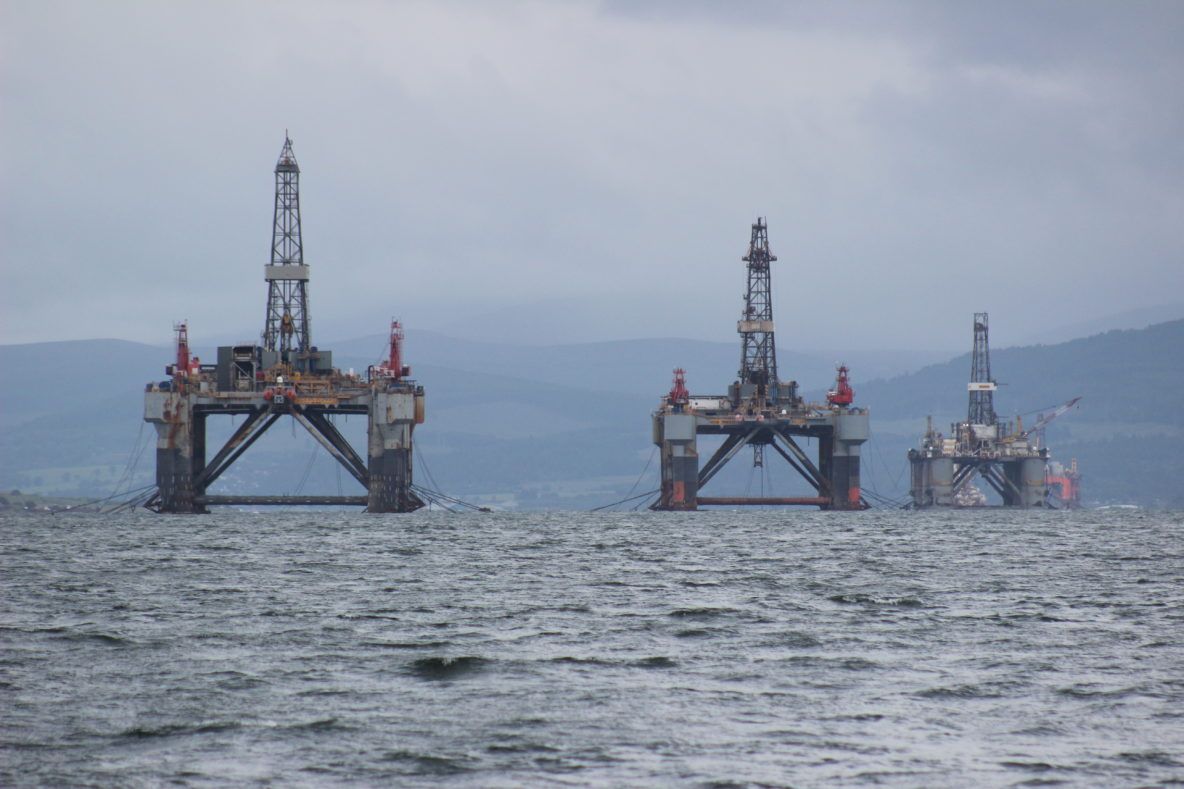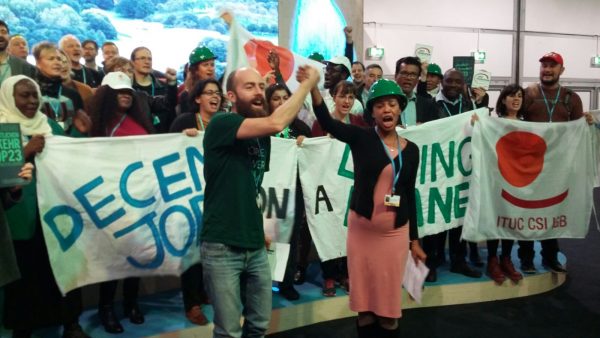
Shape the transition to renewables
A transition can only be just when the workers affected have a say in the futures of their livelihoods, communities and climate.
Our recently released report, Offshore, reveals the findings of a survey of 1,383 oil and gas workers, nearly 5% of the workforce.
The findings show the workforce feels they are bearing the brunt of an industry in decline. There is a huge appetite to move into alternative industries, as well as the skills and knowledge to make it happen yet workers feel neglected and unheard – in the past and in the context of the current crisis
Mismanagement is widespread across the industry, with a lack of government regulation resulting in decommissioning and manufacturing contracts being lost overseas, training costs being borne by the workforce and exploitative certification regimes.
The survey findings also demonstrate that workers in the oil and gas sector are well-informed and keen to express their views on conditions within the industry and how to build a future run on renewable energy.
However, the Scottish and UK Governments are currently prioritising the views of industry bosses in planning the energy transition. There is a particular need to increase worker consultation and power in policy decisions related to phasing out fossil fuel extraction and transforming the offshore sector to renewables.
What next?
The survey and Offshore report were a first step. Too often, communities on the frontlines are left out of generating solutions and as a result, solutions often fail to deliver justice. To avoid repeating the mistakes of previous unjust transitions, the impacts of energy transition on oil and gas workers and their communities must be at the forefront of conversations about how we move to a zero carbon economy.
Workers understand their industry, have important insights into what retraining and up-skilling they require, and have the right to plan and shape their futures. Any successful programme of retraining or re-skilling requires workers’ input, and the legitimacy of both government and industry policy proposals relies on their involvement.
A transition can only be just when the workers affected have a say in the futures of their livelihoods, communities and climate.
Offshore concludes with a call to action. If you are an offshore worker – we want to hear from you to help build policy demands for the energy transition with those they must protect.

Our work on Just Transition
Friends of the Earth Scotland campaigns for a Just Transition away from fossil fuels in a way that is fair to those currently working in energy intensive industries.
Find our more about our research, campaigning and our partnership work with trade unions:
